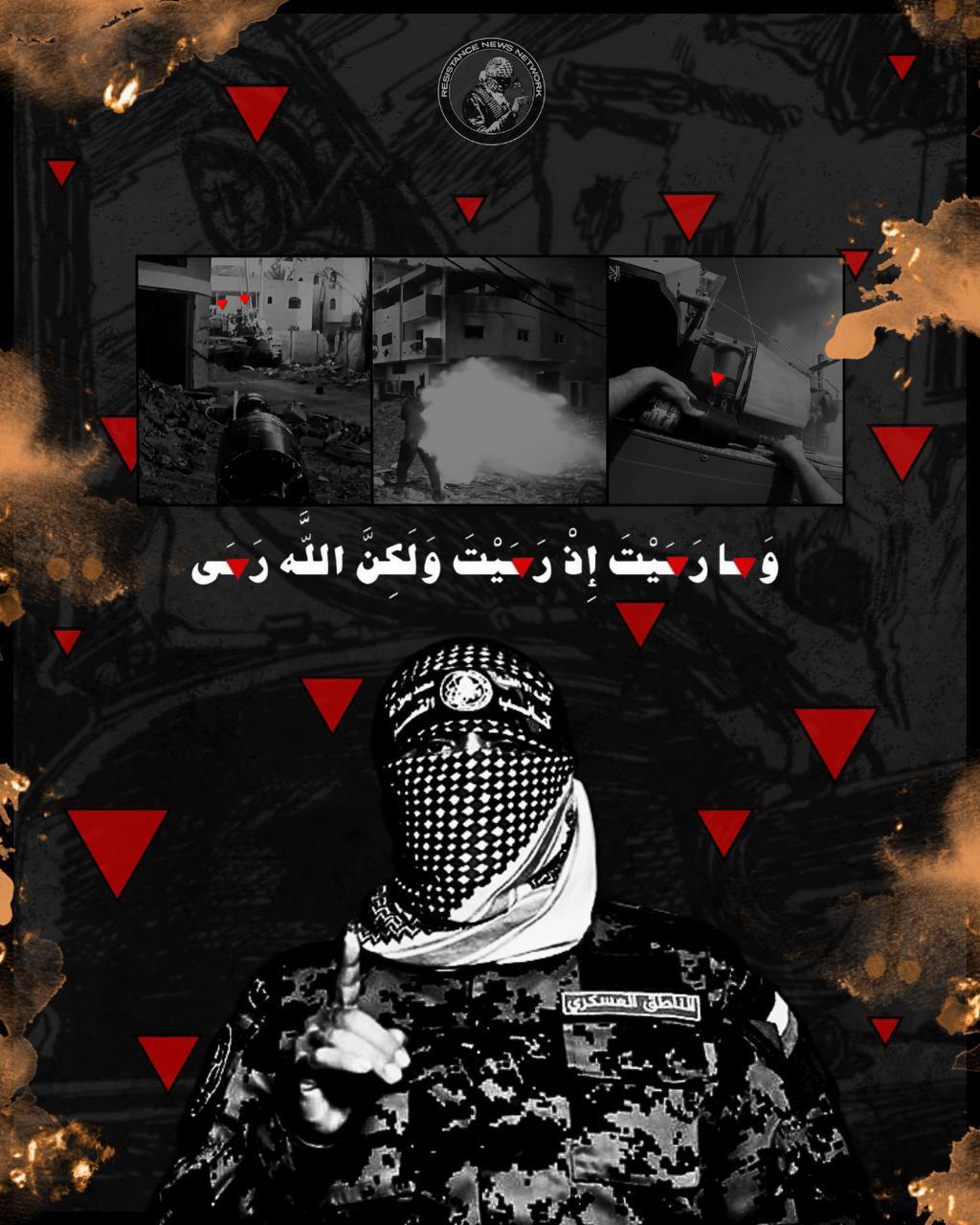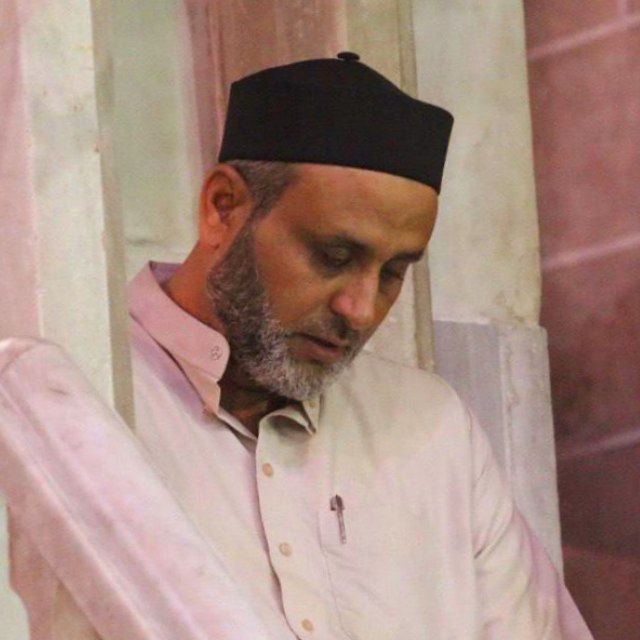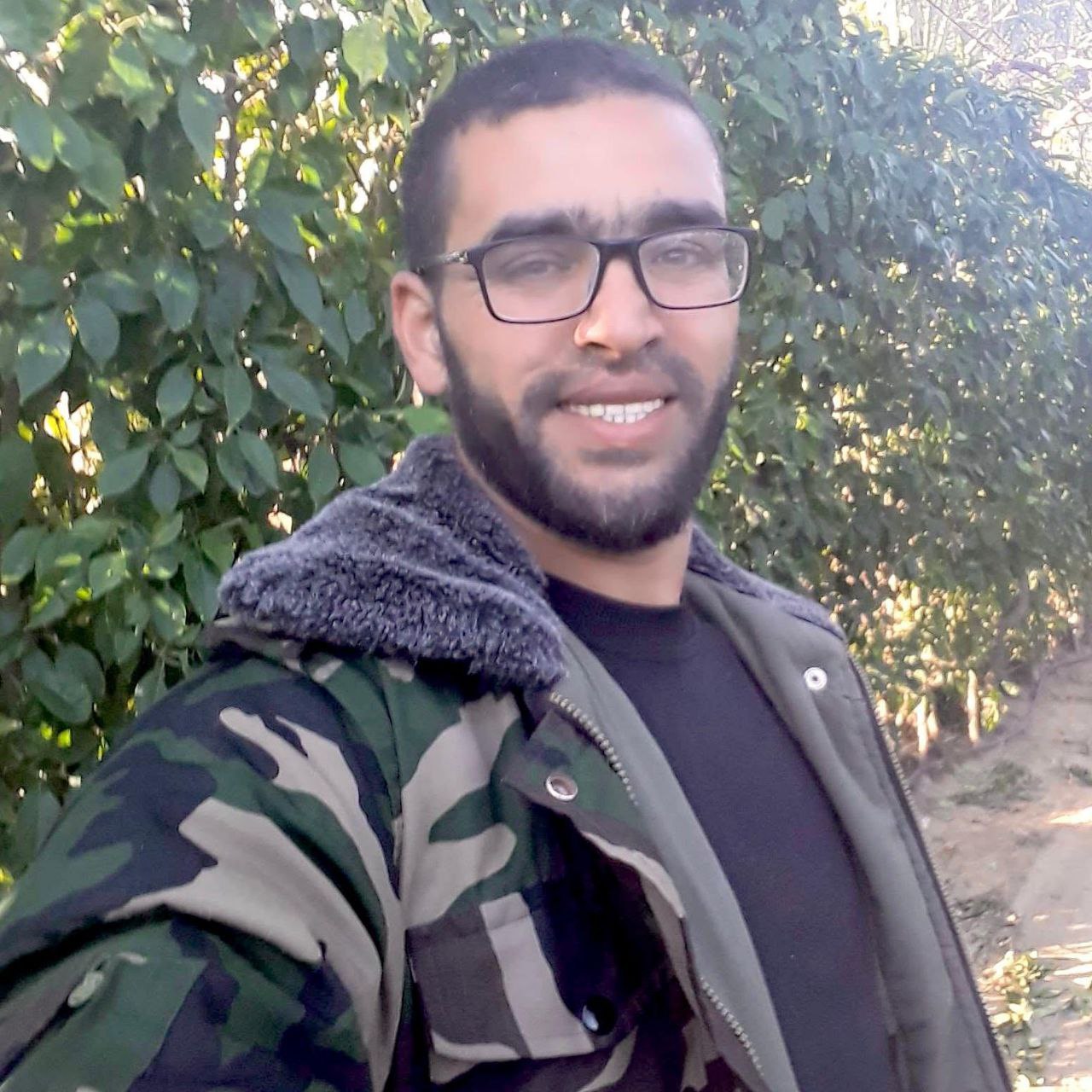Gaza – In a bold and defiant statement, Abu Obeida, the spokesman of the Martyr Izz El-Din Al-Qassam Brigades, declared that the resistance fighters, described as "the heirs of the prophets," continue to confront Israeli occupation forces with what he called "the Stones of David against Gideon’s Chariots." This poetic yet piercing language underscores the enduring asymmetrical warfare strategy employed by Palestinian fighters in Gaza. Abu Obeida emphasized that the recent operations in Khan Younis and Jabalia mark a continuation of what he described as "precision operations" targeting Israeli military presence.
“The enemy's losses today are but a chapter in an ongoing saga of calculated resistance,” he stated, asserting that these engagements demonstrate a clear model of what awaits Israeli forces “wherever they set foot.” The statement framed the resistance as a divine and moral struggle—"the triumph of the faithful and oppressed over the arrogant and tyrannical." By invoking religious and historical symbolism, the Al-Qassam spokesman seeks to rally support across the Arab and Islamic world, portraying the fight as a sacred duty against colonial aggression.
As civilian casualties rise and the humanitarian crisis deepens, Abu Obeida turned his message directly to the Israeli public, warning them of a stark choice: “Force your leadership to end this genocidal war—or prepare to receive more of your sons in coffins.” This unambiguous statement reflects the psychological dimension of the conflict, aiming to fracture Israeli public morale and sow pressure from within. The reference to "Gideon's Chariots," symbolizing Israeli military might, being struck by the “Stones of David” resonates deeply with regional history and collective resistance mythology.
It portrays Palestinian fighters as modern-day Davids resisting a heavily armed Goliath—both a military and rhetorical strategy. Observers note that Abu Obeida’s words come amid intensified battles and renewed airstrikes in northern and southern Gaza, with the Israeli military reporting ongoing operations in both areas.
Yet the resilience and messaging of the Al-Qassam Brigades continue to signal that the ground campaign will remain costly and protracted. As international calls for ceasefire negotiations grow louder, the latest statement from Gaza indicates that the armed resistance remains determined to continue its operations unless the occupation ends.
The message, steeped in religious symbolism and strategic clarity, seeks not only to inspire fighters but also to reshape the narrative of victimhood into one of defiance and endurance.



